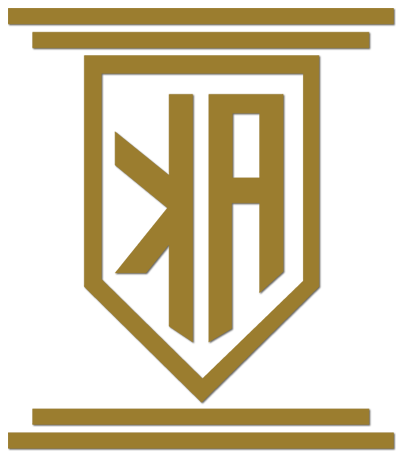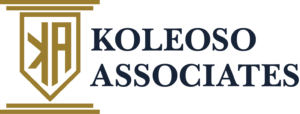Reconciliation
Preamble
Perspectives on reconciliation are as unique as the needs, experiences, and priorities of the Indigenous partners involved. It is important to note, that policies and programs should strive to be community-driven, inclusive, and representative of the diversity of community voices across age and gender. The development process must be guided by a commitment to empowering civic members to assert their observations and to recognize appropriate resolutions using their individual and civic strengths. These methodologies will develop and reinforce interaction based on respect and understanding.
- Requires both understanding and action.
- Is built on a collective commitment to establishing and maintaining a mutually respectful relationship between Indigenous Peoples and non-Indigenous Peoples.
Reconciliation efforts must be focused on long-term:
- Relationship building.
- Learning.
- Healing.
- Correction of power imbalance.
Truth and Reconciliation Commission of Canada
Reconciliation
is Hope
Territorial, Government and Nation(s)
Reconciliation between the Territorial and Federal Governments and Indigenous Nations is just about governance (Antoine, Reconciliation, 2021).
Reconciliation is also about:
- Restoring Indigenous nations’ rights to natural resources (Antoine, Reconciliation, 2021).
- Achieving equitable agreements between all parties in areas such as natural resources (Antoine, Reconciliation, 2021).
In the 1990s, we toured Africa to see what the diamond mines were like in Botswana and others. Those countries get 50% of the diamonds, they have a Diamond Act and not a Natural Resources Act. We said that is what we should up here but guys in Ottawa said, “No” (Antoine, Reconciliation, 2021).
There can be no reconciliation unless the core articles of UNDRIP relate to Indigenous self-determination, land ownership (Permanent Forum on Indigenous Issues., 2012), implementation of treaty rights, and respect for Indigenous laws, governments and jurisdictions are part of the legal foundation of what is now Canada (Morin, 2017).
“Sixteen of the 94 calls to action are about the UN declaration. The major call to various sectors of Canadian society is to adopt the UN declaration as a framework for reconciliation. It is about the survival, dignity, and well-being of Indigenous Peoples; so, implementing the UN declaration has the possibility of healing our peoples, strengthening relationships, and promoting peaceful co-existence” (Morin, 2017).
Quote
“Everything that happens to one or some, has a bearing on all of us. The most essential thing to understand about all this history is that it implicates all of us”.
Dr. Marie Wilson. How should people feel? Truth and Reconciliation Commission of Canada.
“The truth of our common experiences will help set our spirits free and pave the way to reconciliation”.
Truth and Reconciliation Commission of Canada. The mandate for the Truth and Reconciliation Commission, 2007.

